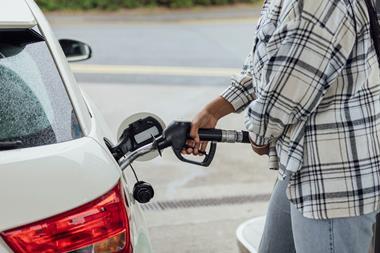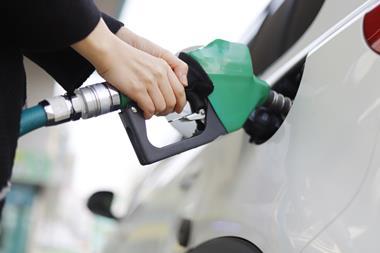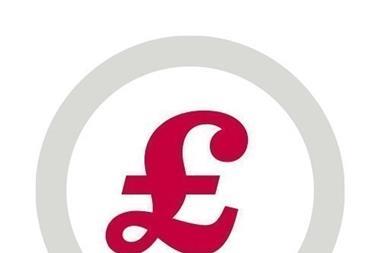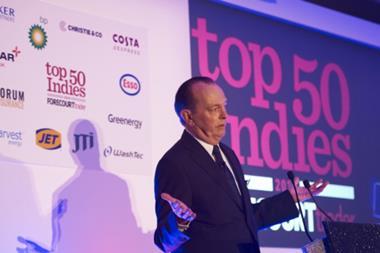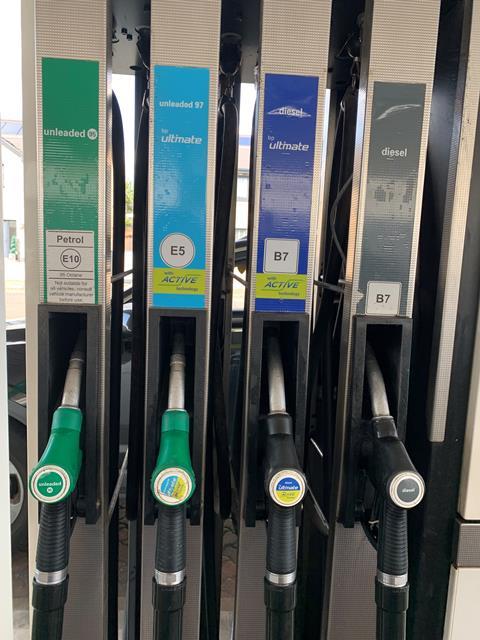
Petrol retailers are exasperated by the RAC’s latest assertion that the Chancellor has no option but to get rid of the 5p per litre fuel duty cut because many are failing to pass it on to motorists.
The RAC says that it would not normally advocate for increasing duty, but says that the industry is not meeting the spirit of the initiative which was introduced by the Conservative government in 2022. Instead of passing on the saving to motorists, it says, some forecourt operators are absorbing the saving themselves and charging “much higher-than-average retailer margins”.
However, forecourt retailers have hit back at the motoring organisation’s logic. “It is madness,” says Seevaratnam Muresh who runs eight sites in London, Hampshire, the Southwest of England, and Wales. “All the RAC is constantly shouting about is cheaper fuel prices, and by scrapping the 5p retailers will put that on the price.”
Forecourt operator Goran Raven says this latest discrediting of petrol retailers shows a lack of understanding of what is involved. “It highlights that the RAC are more interested in picking a fight with the fuel industry than seeing that consumers get the best deal,” he says.
David Charman of Parkfoot Garage in Kent agrees: “If they increase duty by 5p per litre then some time in the days after prices will increase by 5p per litre. It’s not difficult. I don’t understand why the RAC find it impossible to comprehend.”
And Patrick Sewell, who operates 13 forecourts in Hull and East Yorkshire, adds: “I believe the ‘tax-take’ on fuel is already among the highest across the world, so I don’t believe the government should be burdening consumers and businesses with even higher prices.”
Perhaps, says Oliver Blake, who runs a family forecourt business in Long Riston, the RAC should start putting its own house in order. “We don’t see any of their customers’ renewal fees going down, with their revenue increase of 8% and EBITDA growth of 5% last year. I would call it double standards,” he says.
Gordon Balmer, executive director at the Petrol Retailers Association, says despite offering to meet with the RAC to explain the intricacies of forecourt margins, the organisation is not prepared to listen.
“Retailers are working hard to keep fuel prices as low as possible in a fiercely competitive market. Any government-driven increases at the pump would raise costs for both businesses and motorists, further fuelling inflation,” he says.
He adds: “We hope the Chancellor will protect motorists by ruling out unnecessary increases to fuel price.”
But the RAC insists that the 5p duty cut is not getting through to drivers. ”Fuel prices should already be much lower than they are, but instead retailers are profiting from the duty cut themselves, having overcharged drivers by £1.6bn in 2023,” it says.
Simon Williams, the RAC’s head of policy, says Rachel Reeves ”has no option but to put fuel duty back to 58p a litre in October’s Budget”.
He adds: “She knows the 5p discount is losing the Treasury £2bn a year. She also knows drivers were overcharged by a staggering £1.6bn last year according to the Competition and Markets Authority’s recent report.
“We’d normally be against any increase in duty, but we’ve long been saying drivers haven’t been benefitting from the current discount due to much higher-than-average retailer margins.”
Williams adds that as more EVs come on to the roads, and with fuel duty revenue already declining, the government will need to tax drivers differently, based on a pay-per-mile system.
“Our research suggests that drivers broadly support the principle of ‘the more you drive, the more tax you should pay’,” he says.
”Whatever any new taxation system looks like, the most important thing is that it’s simple and fair to drivers of both conventional and electric vehicles. A pay-per-mile system could be set up according to vehicles’ emissions with EV drivers paying the least to further encourage take-up and ‘gas guzzlers’ paying the most. We’re not in favour of charging different amounts per mile based on the type of road driven on.
“We think replacing fuel duty with a pay-per-mile system as soon as possible is the way forward as then the only tax levied on fuel would be VAT. This would give retailers nowhere to hide.”





















